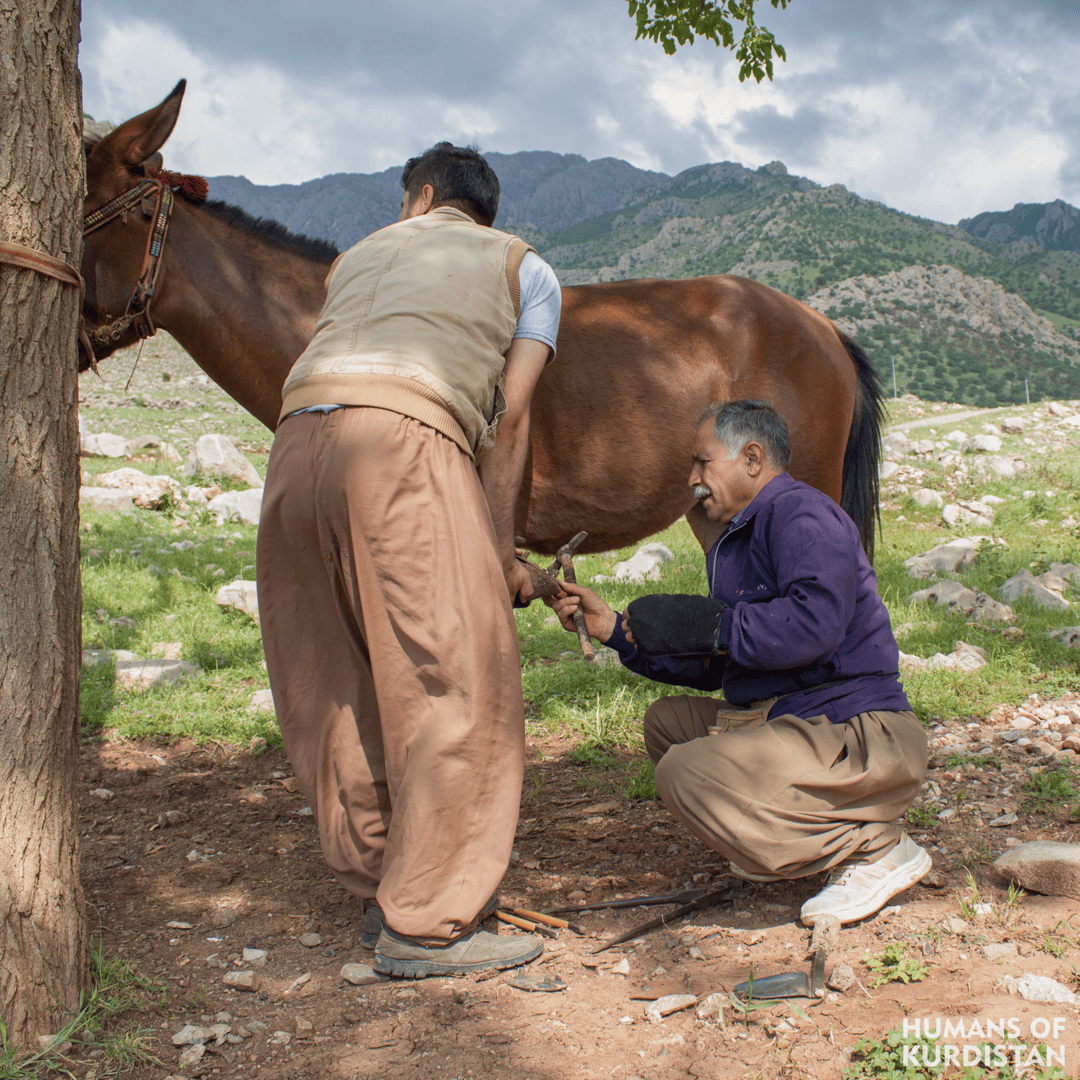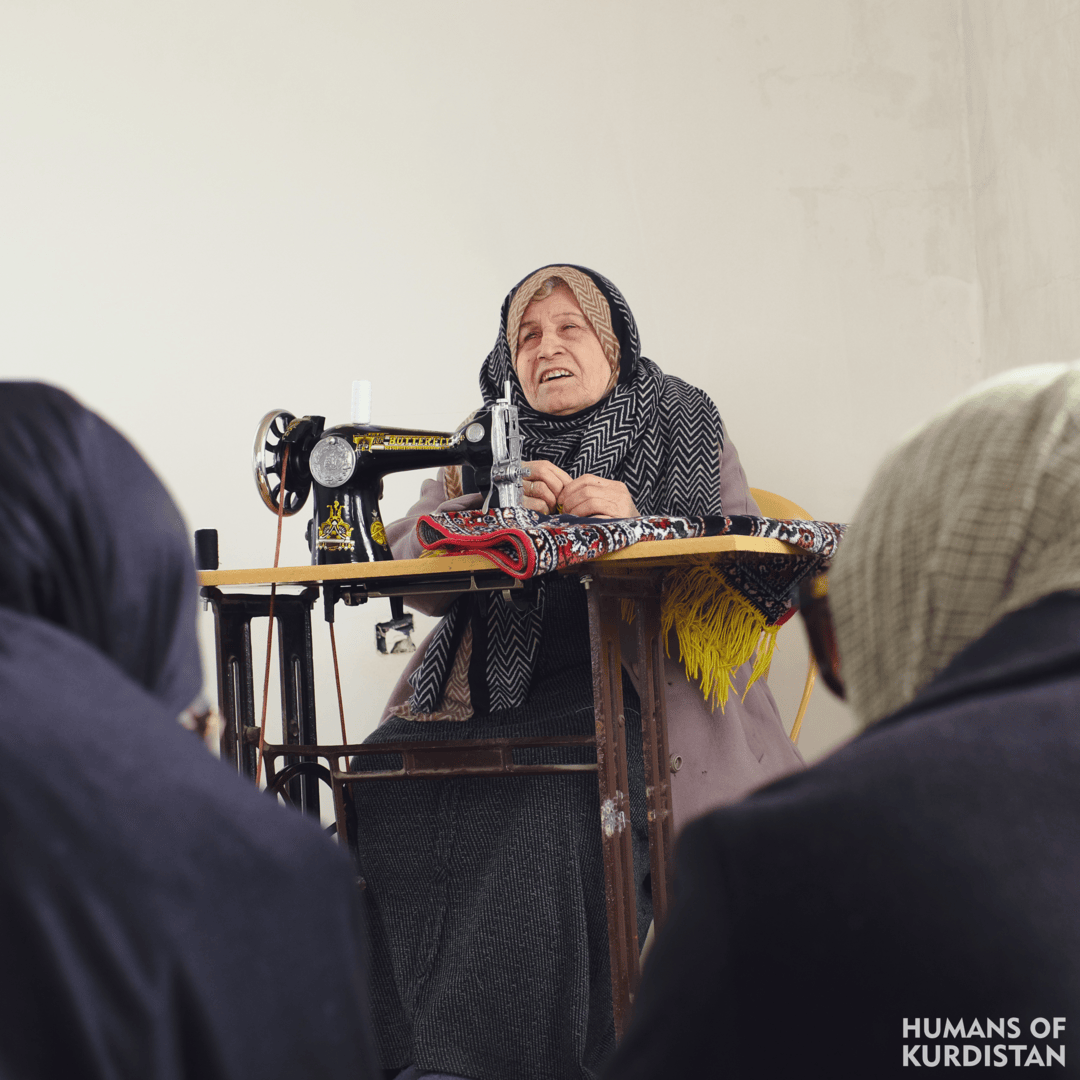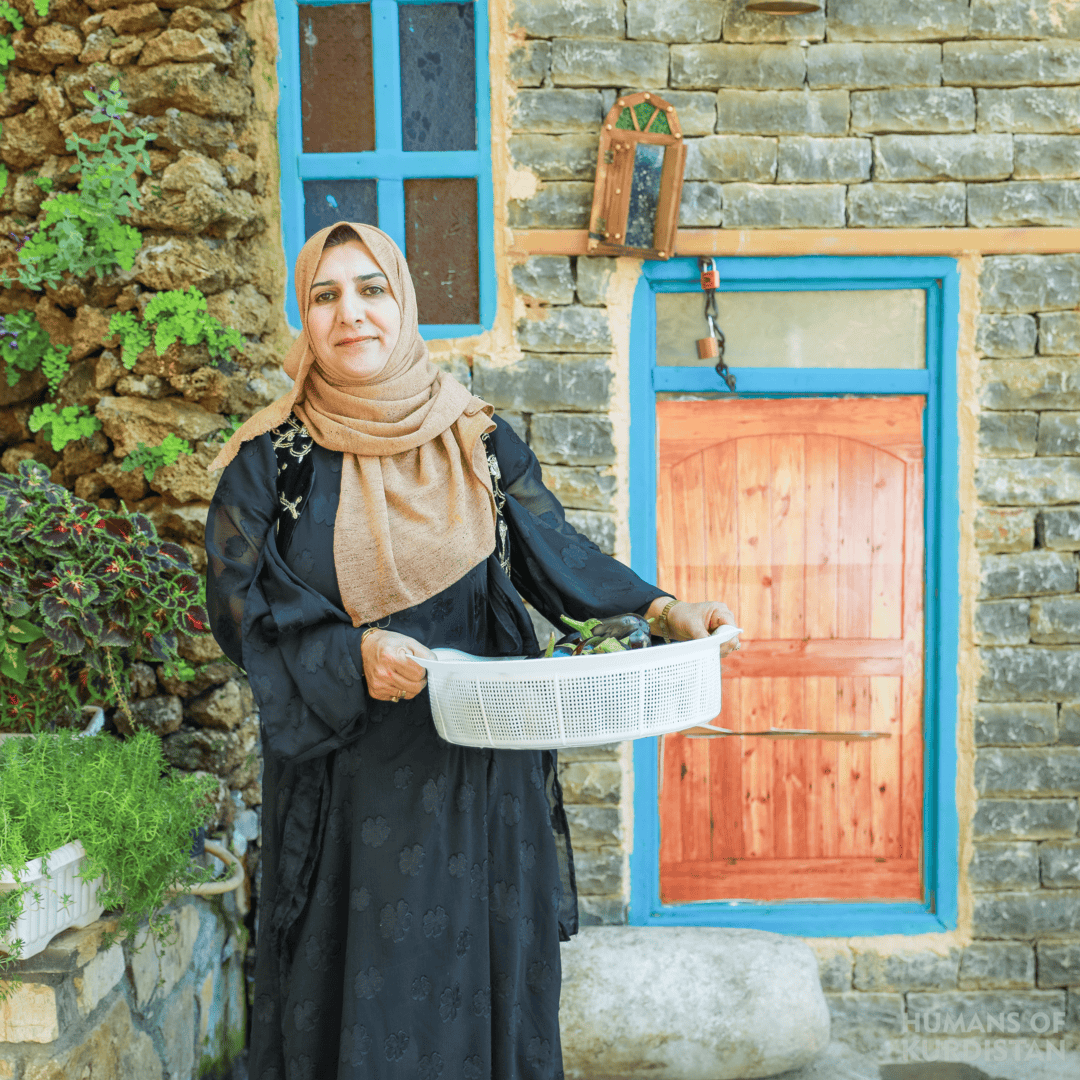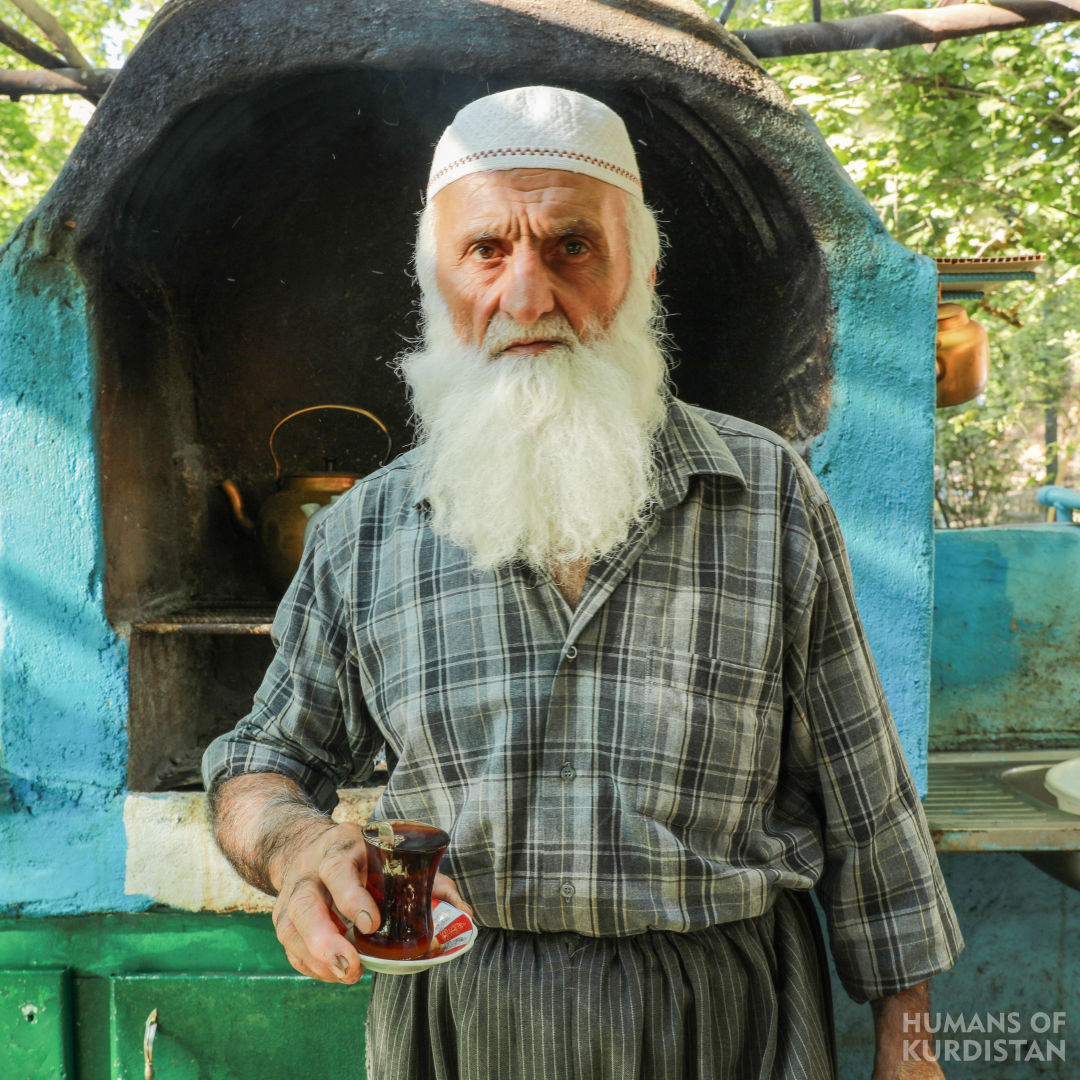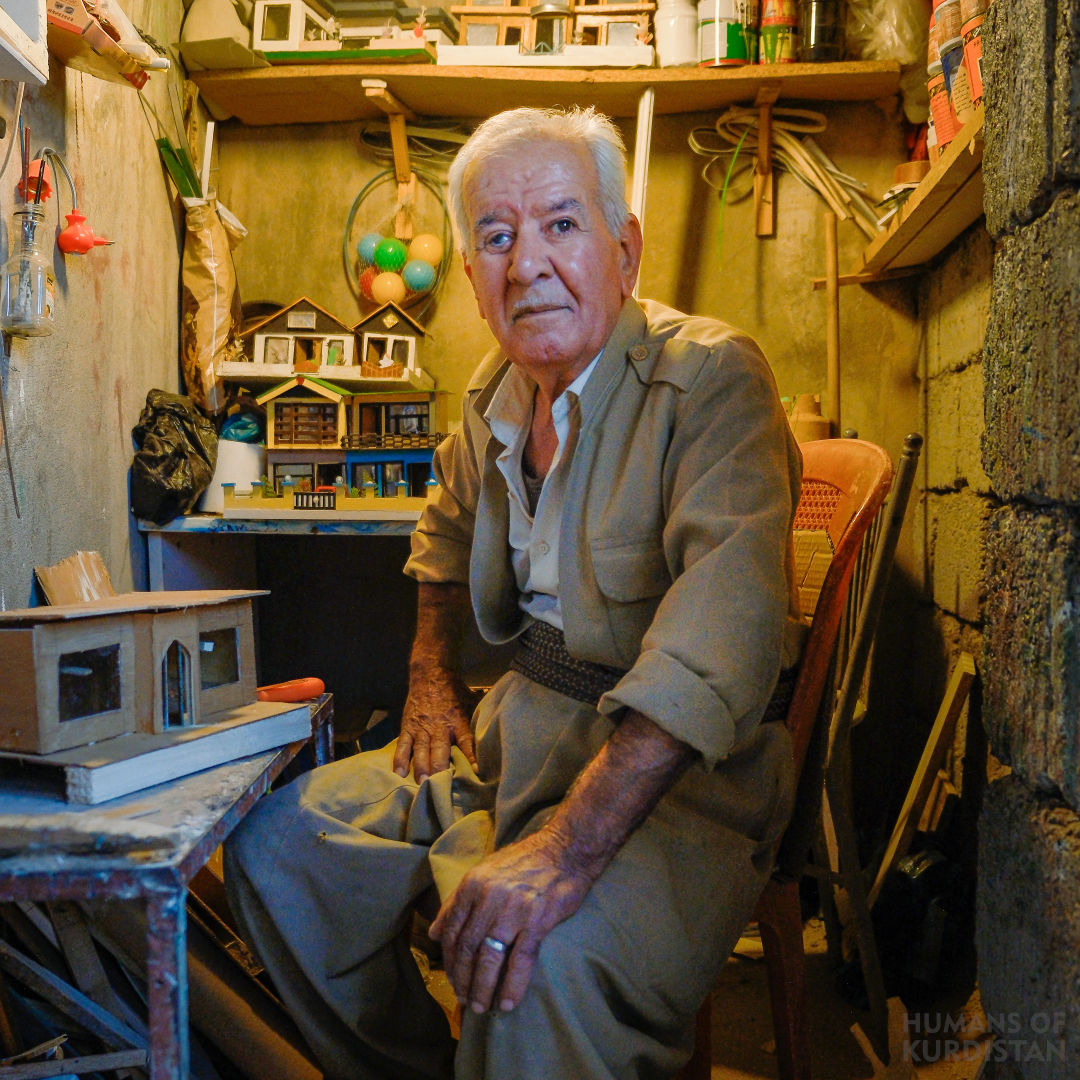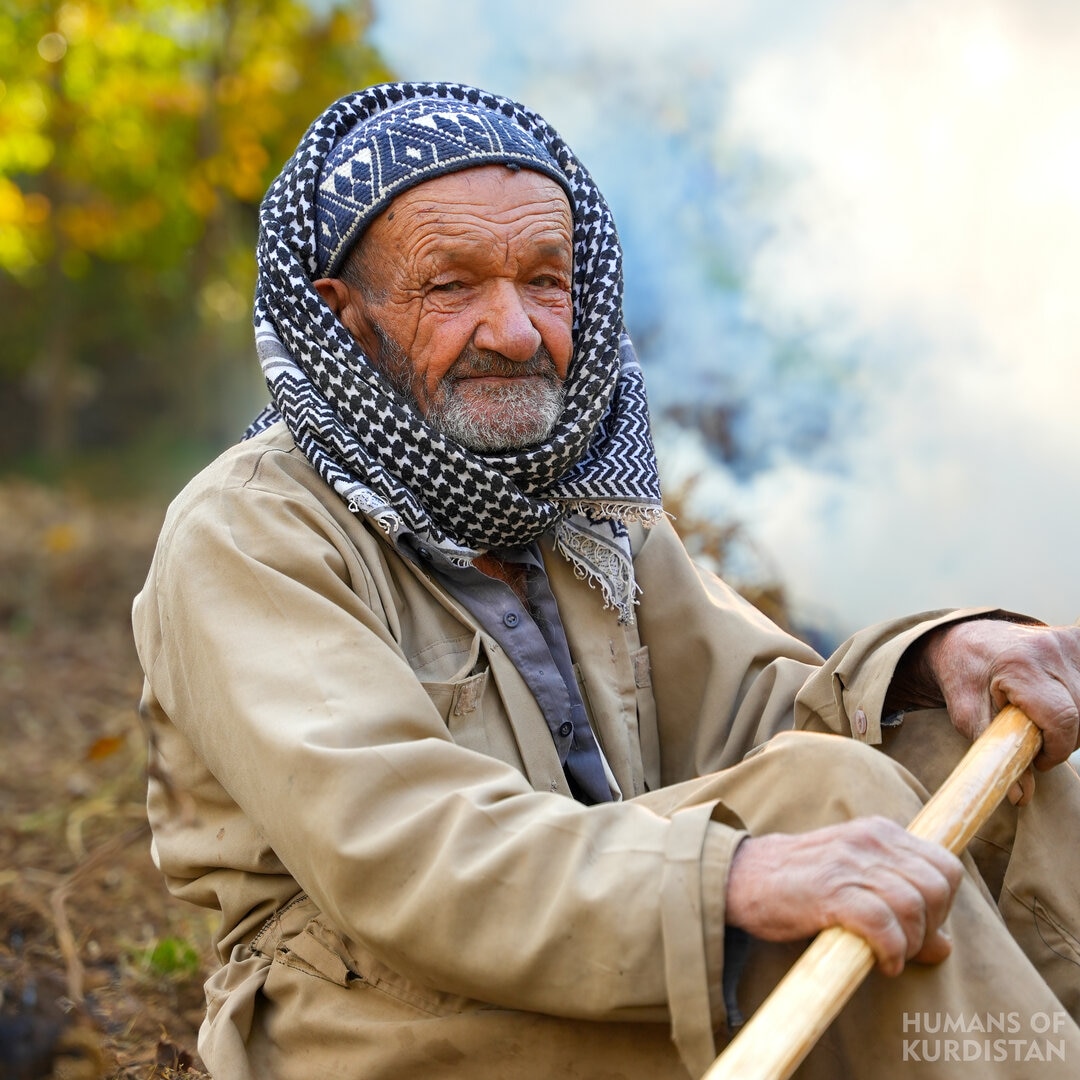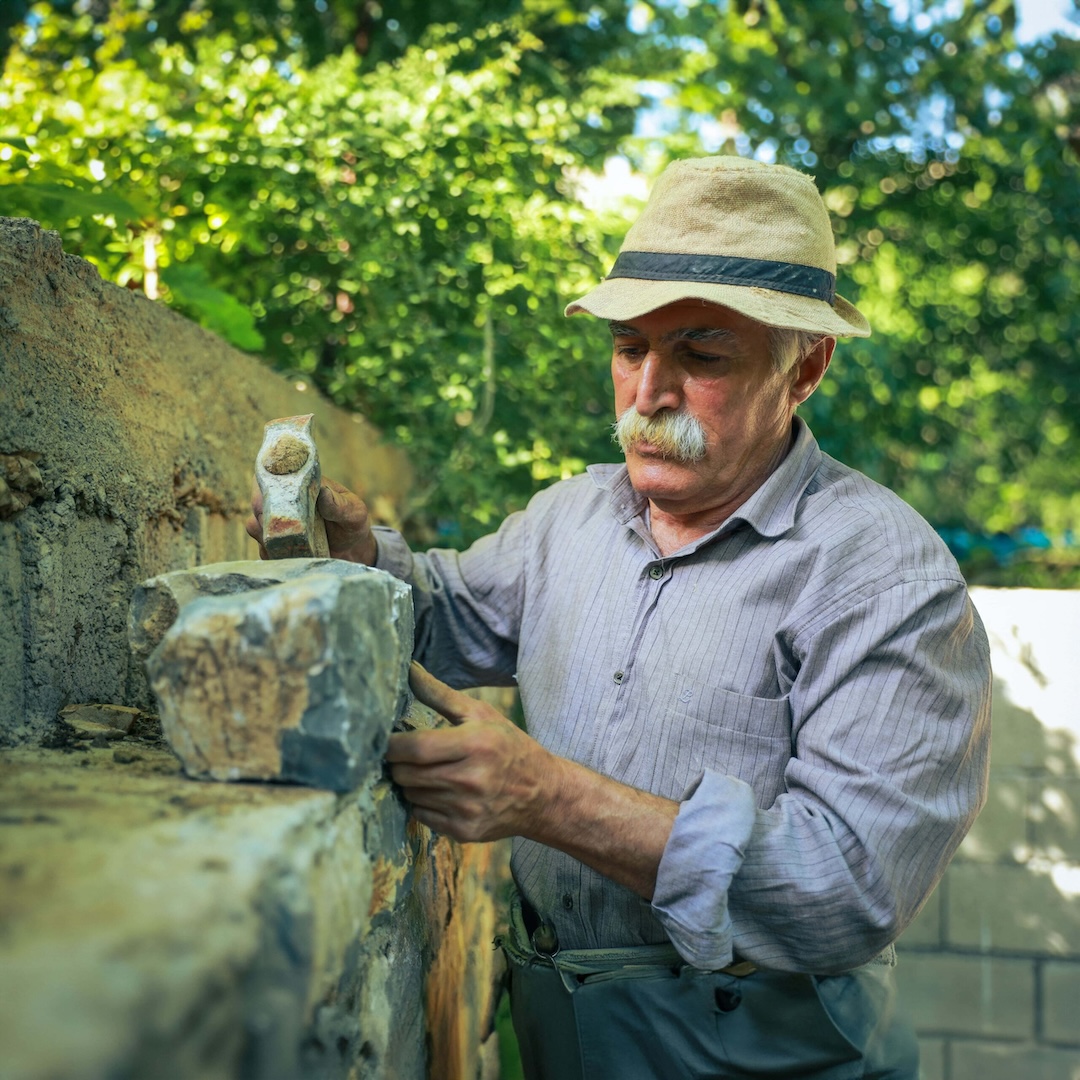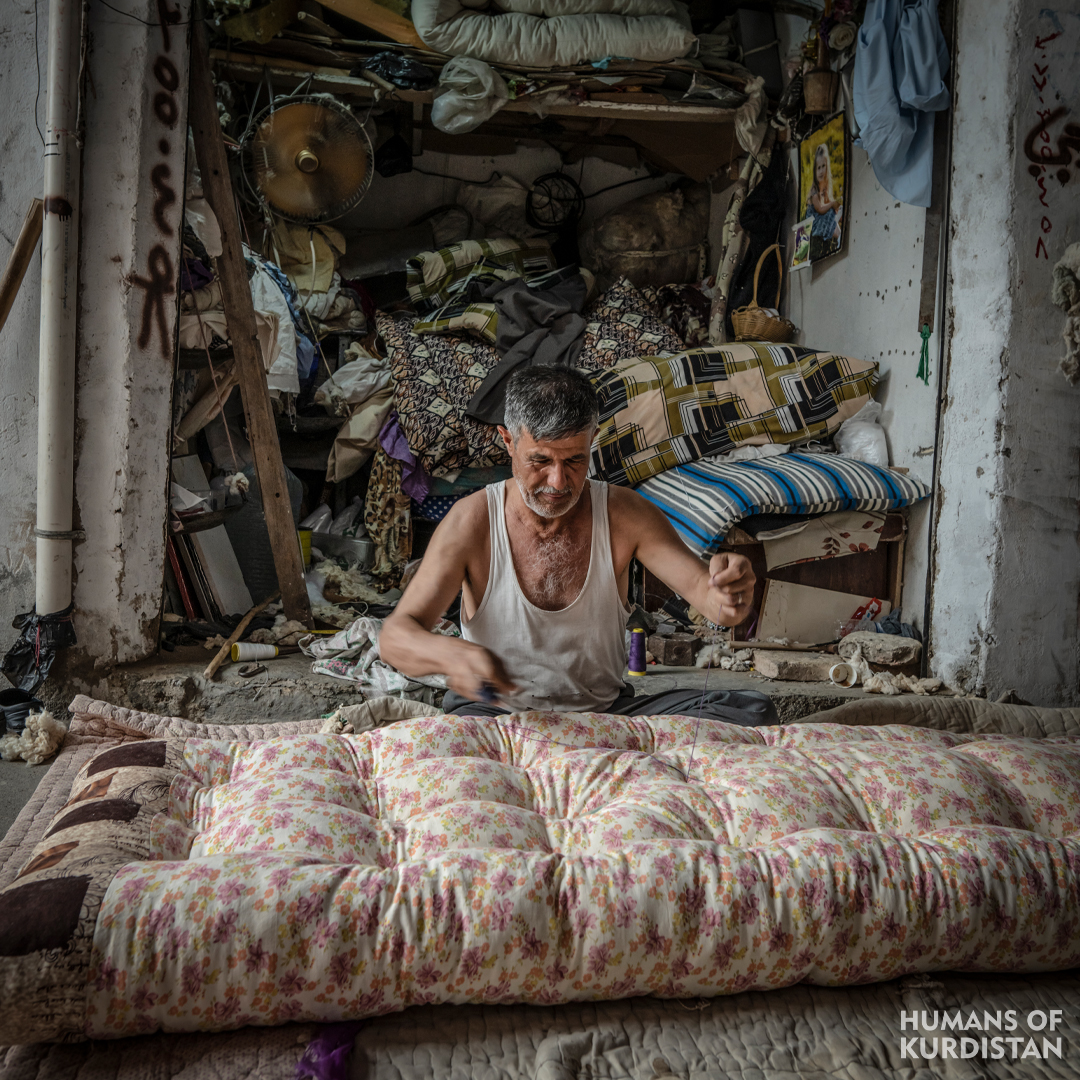28/05/2025
Story of a Kurd from the South (Southern Kurdistan) Horseshoeing is one of the traditional crafts with an ancient history in the regions of Kurdistan, particularly in mountainous areas. Since many pack animals still exist in these areas, some people benefit from horseshoeing as their work and profession. Horseshoeing is a process that protects the hooves of pack animals, which involves several different stages. Sometimes changing the horseshoes of animals depends on how much or little the animals travel, which requires re-shoeing. The shod animals include horses, mules, donkeys, and others. My name is Fattah Hassan Nader. I am 65 years old and from the village of Griyana in Halabja. I now live in Halabjai Shahid (old Halabja), and I have been practicing horseshoeing for 40 years. I inherited this profession from my father. I often work in mountainous areas and border regions between Iraq and Iran. ...


